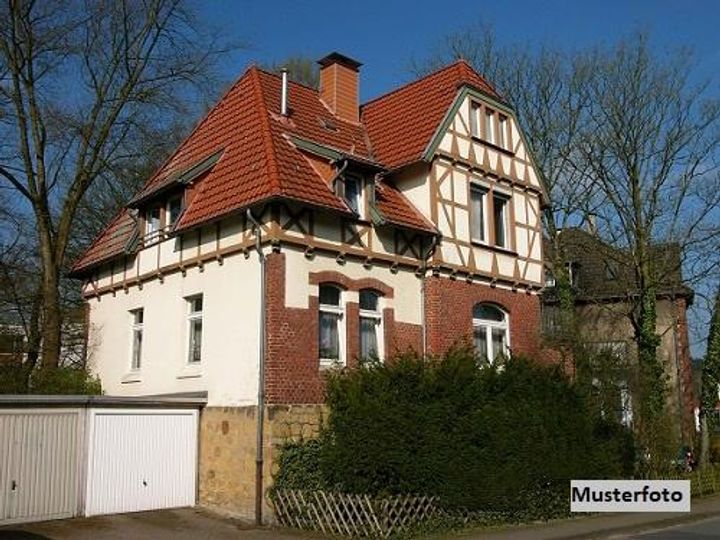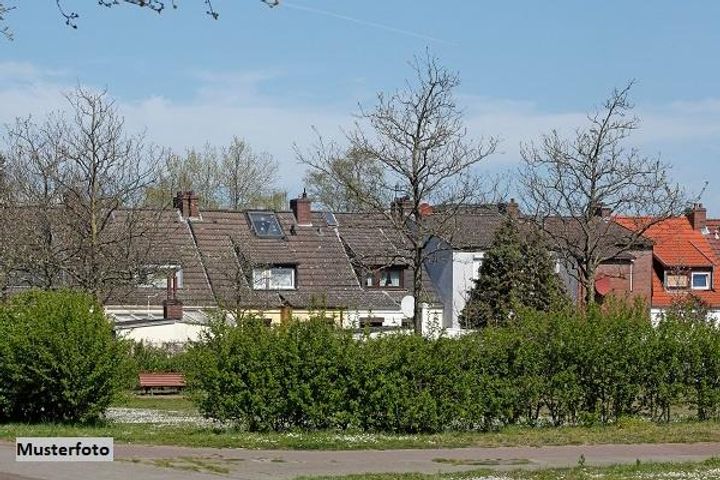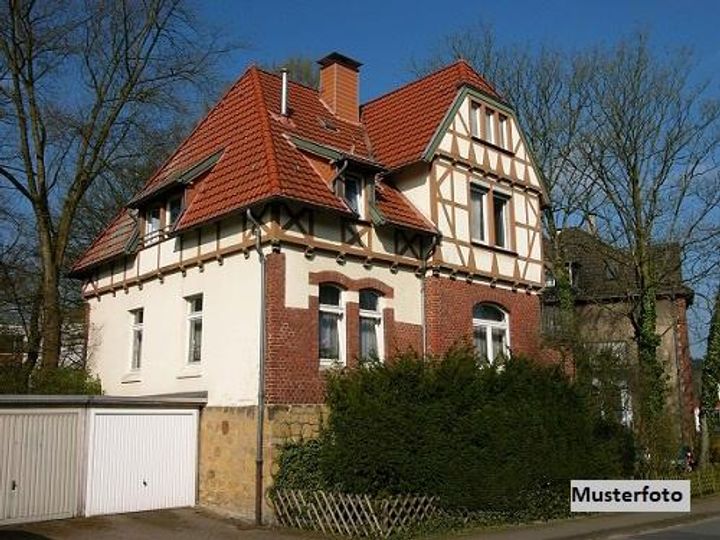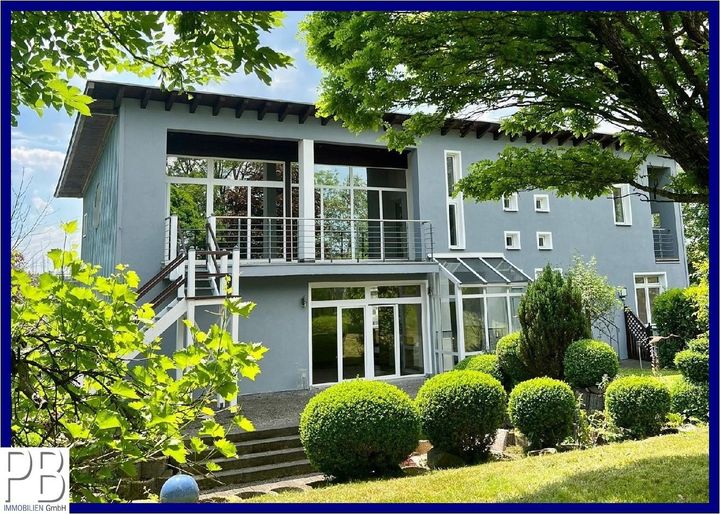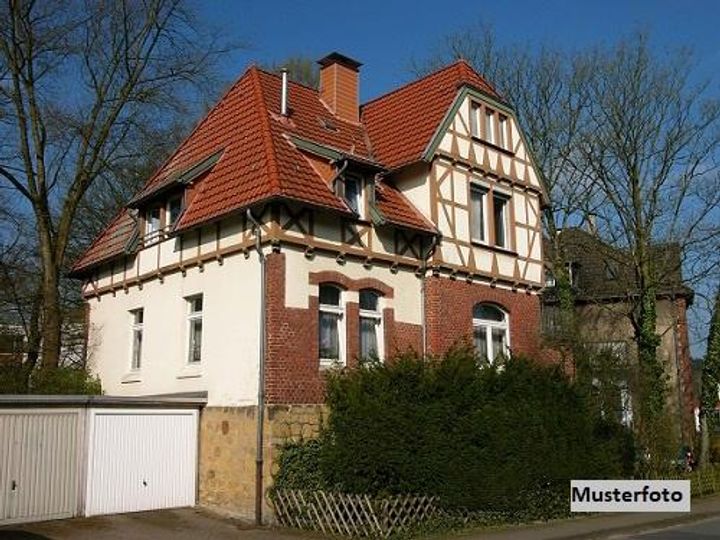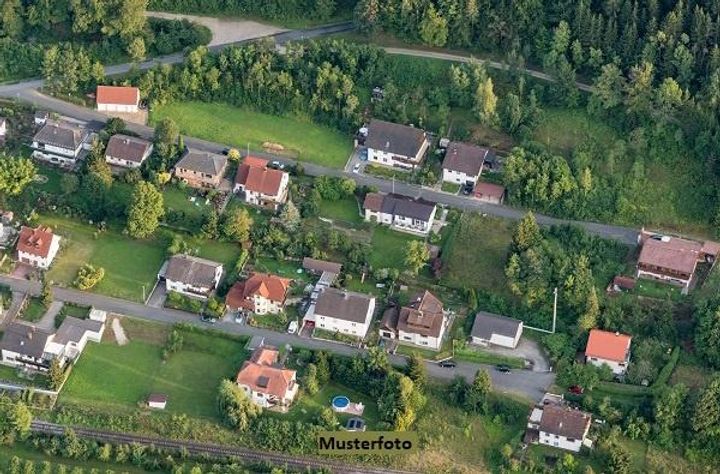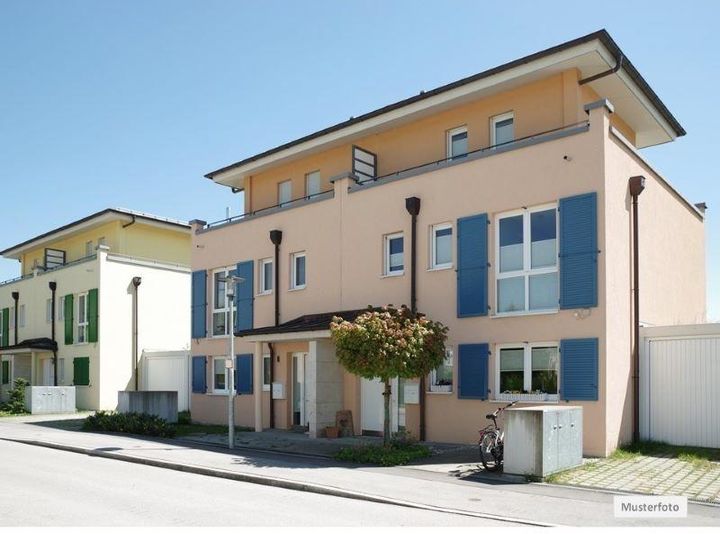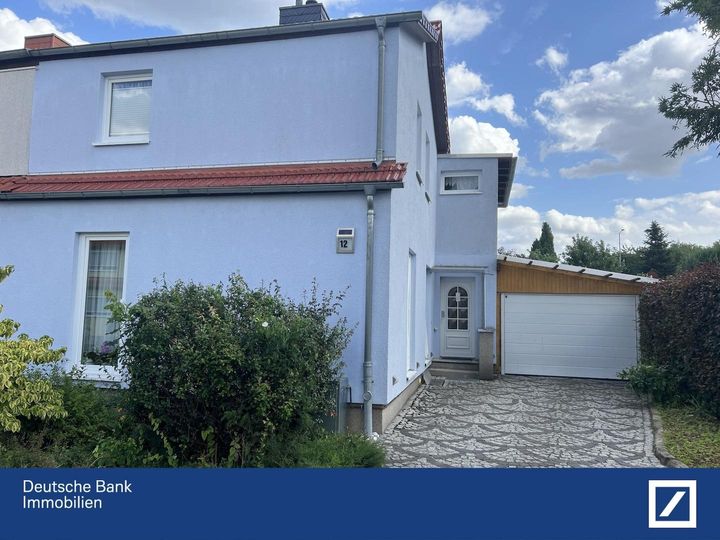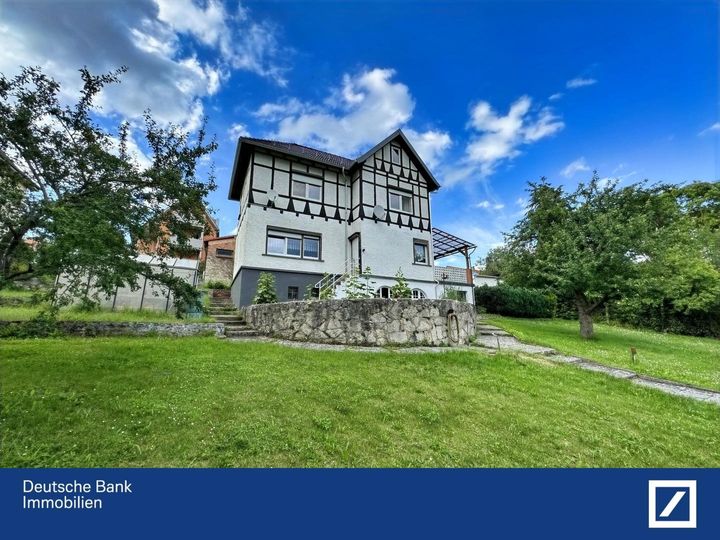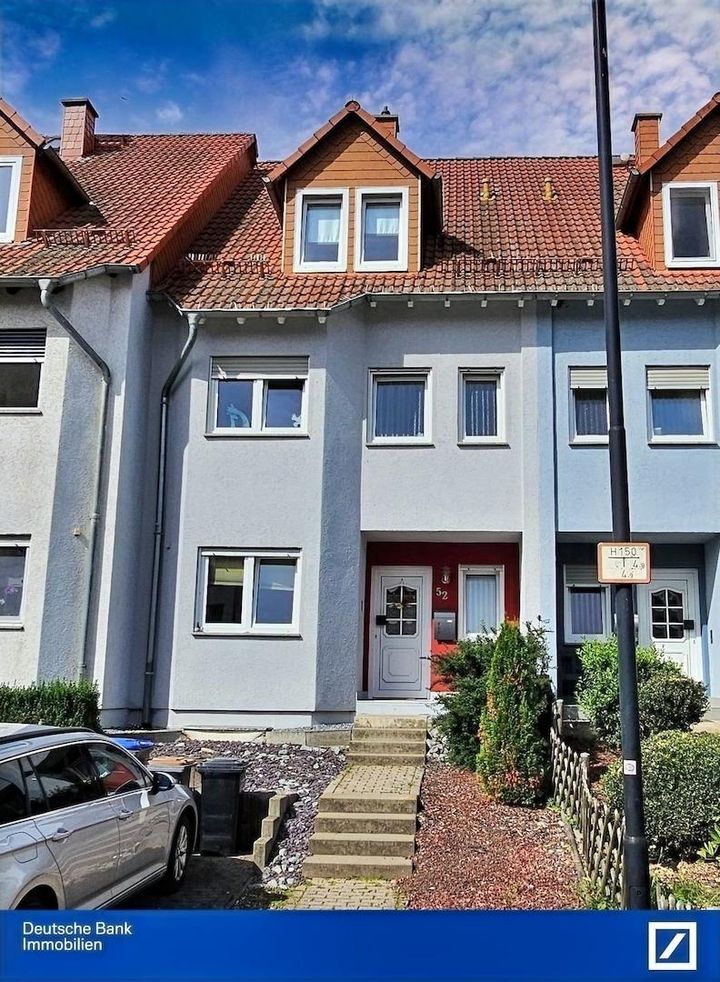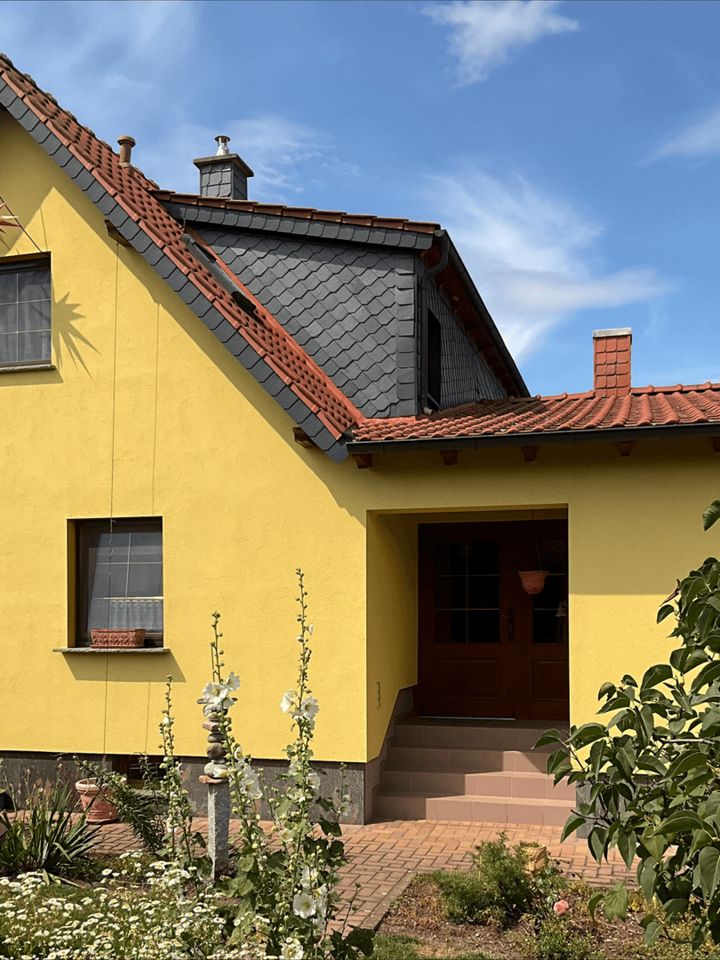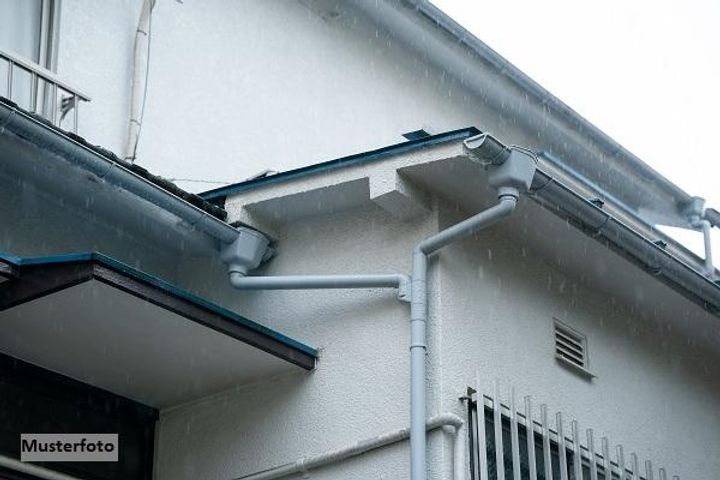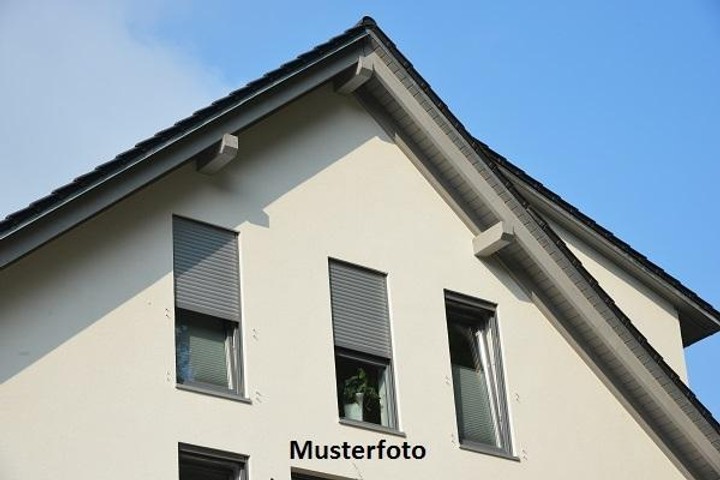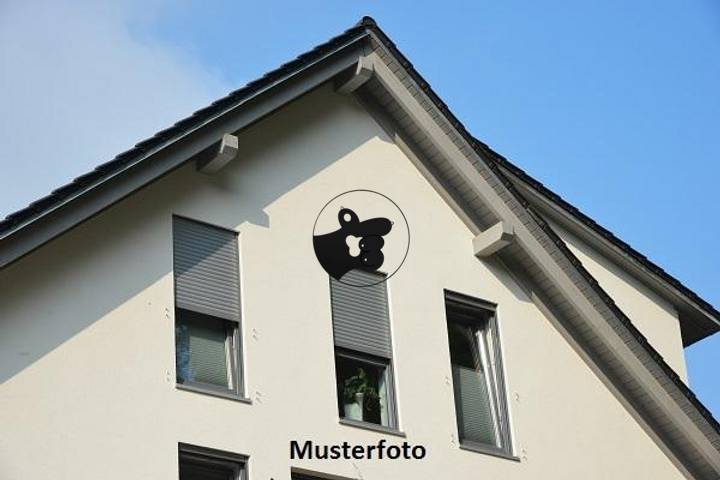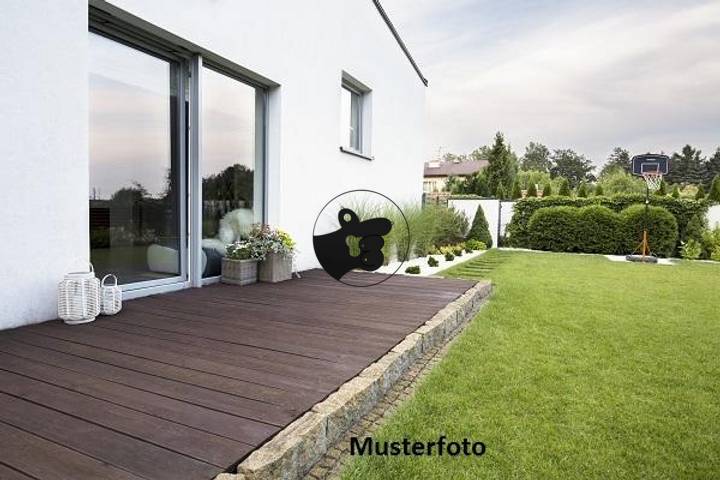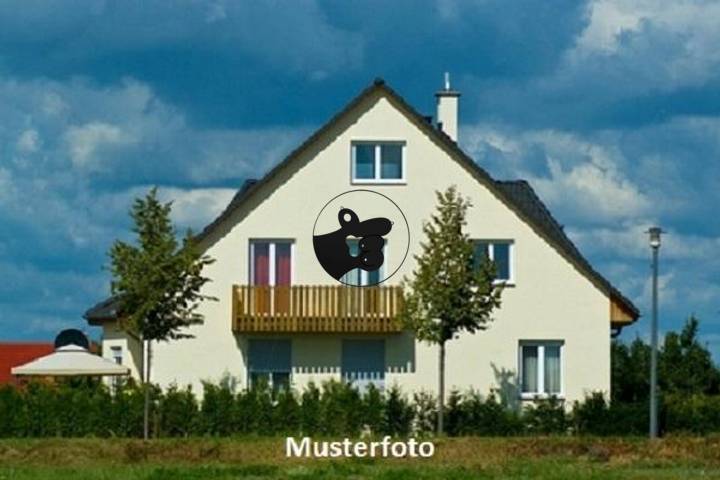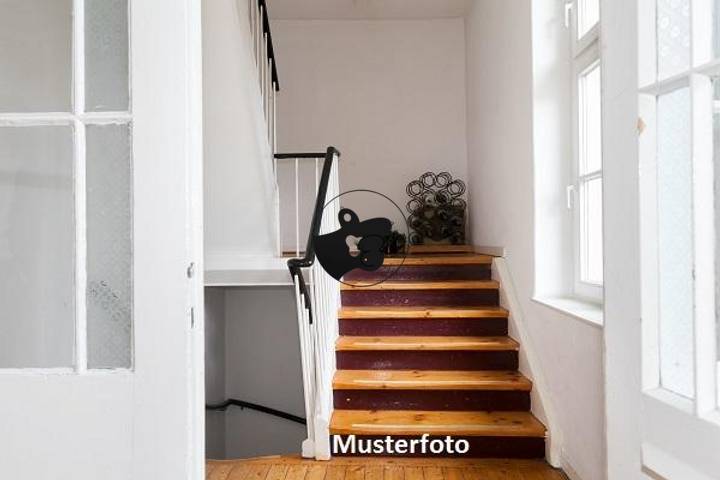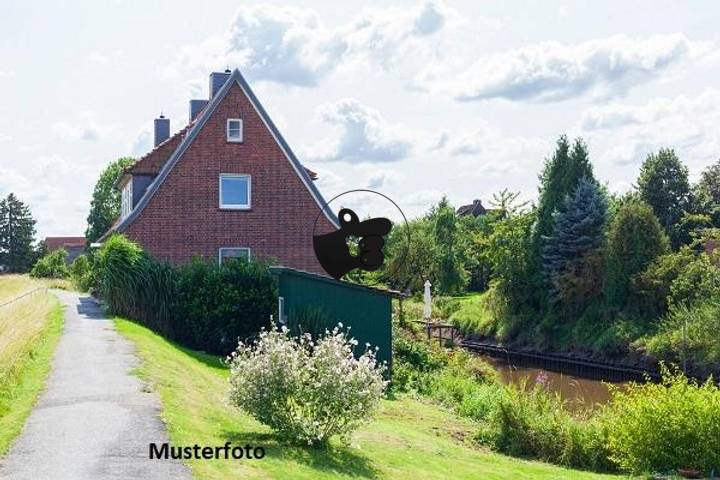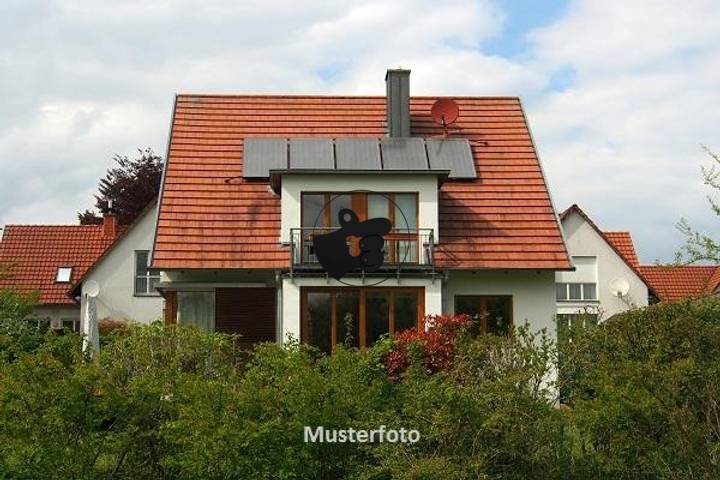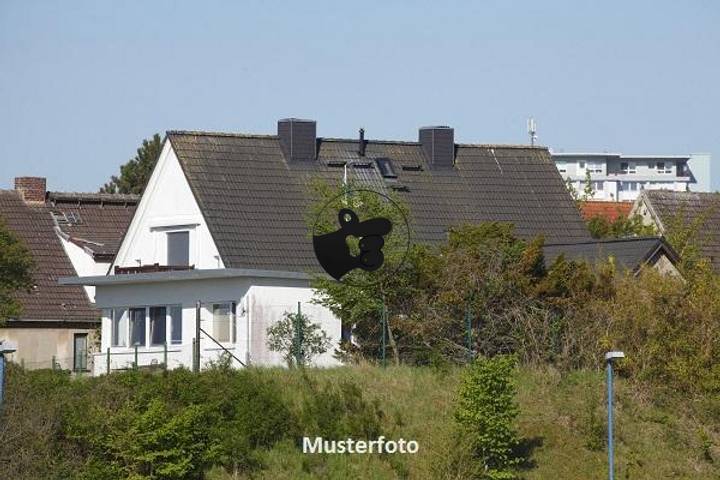Real estate prices in Erfurt are influenced by a variety of factors, including location, economic conditions, and demographic trends. The proximity to the city center is crucial; properties within walking distance of the historical old town and major amenities tend to command higher prices. Additionally, the presence of universities and research institutions, such as the University of Erfurt, leads to increased demand for housing among students and faculty. Economic stability in the region, marked by low unemployment rates and a growing job market, further boosts property values. Infrastructure plays a role as well; well-connected neighborhoods with access to public transportation can see higher appreciation. Recent developments such as the revitalization of certain districts also contribute to price trends, as they attract new residents and businesses, thereby enhancing the overall appeal of the area.
Erfurt
Location
Price Range
Any price
Price Range
Minimum
No min
Maximum
No max
Property type
Show all
Property type
Show all
House
Apartment
Building
Other
Bedrooms
Any beds
Bedrooms
Minimum
No min
Maximum
No max
Surface Range
Any surface
Surface Range
Minimum
No min
Maximum
No max
Sale type
For sale
Sale type
Show all
To rent
For sale
Location
Apartments and houses for sale in Erfurt
37 results
Recent
Erfurt insights
| Aspect | Summary |
|---|---|
| Population | 213,000 |
| Average Property Price | €2,300 per sqm |
| Rental Yield | 4.5% |
| Average Rent | €10 per sqm |
| Occupancy Rate | 92% |
| Capital Growth Rate | 3% annually |
| Property Tax | 1.5% of property value |
| Transaction Costs | 8-10% including notary and registration fees |
| Expected ROI | 7% annually |
| Economic Growth Impact | Moderate; driven by local universities and tech industries |
Erfurt FAQ
What factors influence real estate prices in Erfurt?
How have real estate prices in Erfurt changed over the last few years?
Real estate prices in Erfurt have experienced a significant upward trend over the past few years. According to local market analyses, the average price per square meter for residential properties rose from around €1,500 in 2019 to approximately €2,000 in 2023. This increase has been driven by a combination of factors, including the city's growing popularity among young professionals and families, as well as ongoing development projects enhancing urban infrastructure. Notably, neighborhoods such as Krämpfervorstadt and Altstadt have seen some of the steepest price hikes, with listings frequently exceeding €3,000 per square meter due to their proximity to key amenities and historical charm. Additionally, the demand for rental properties has surged, contributing to higher prices in both the purchase and rental markets, with a 10% rise in average monthly rents reported in the last year alone.
What is the average price per square meter for homes in Erfurt?
As of 2023, the average price per square meter for homes in Erfurt ranges between €2,200 and €3,000, depending on the district and property type. In more desirable areas like the Altstadt, where historical charm and proximity to amenities are key selling points, prices can reach up to €3,500 per square meter. Conversely, neighborhoods such as Berliner Platz tend to offer more affordable housing, with average prices around €1,800 per square meter. Factors influencing these prices include the condition of the property, its age, and local demand, with newly constructed apartments typically fetching higher rates compared to older homes. Additionally, fluctuations in the market and economic conditions can impact pricing trends, making it essential for potential buyers to stay informed about the latest developments in Erfurt's real estate landscape.
Are real estate prices in Erfurt higher in certain neighborhoods?
Real estate prices in Erfurt do vary significantly across different neighborhoods, reflecting factors such as location, amenities, and historical significance. For instance, the Altstadt (Old Town) tends to have higher prices due to its charming medieval architecture, cultural attractions, and vibrant atmosphere, making it desirable for both residents and investors. In contrast, neighborhoods like Krämpfervorstadt, while still central, offer more affordable pricing due to a slightly less prestigious reputation and increased availability of larger apartments. Areas such as Daberstedt and Erfurt Nord are often favored by families for their green spaces and schools, yet they present a mixed bag in terms of property prices, often more affordable compared to the higher-end listings in the city center. Furthermore, the proximity to public transportation and the quality of local services can also influence pricing, with well-connected neighborhoods generally commanding a premium.
What impact do local amenities have on real estate prices in Erfurt?
Local amenities significantly influence real estate prices in Erfurt, as they enhance the attractiveness of neighborhoods and provide essential services to residents. For instance, proximity to public transportation, such as the Erfurt tram network, can increase property values, as it offers convenient commuting options. Additionally, access to parks like the Egapark or the extensive Wiesenhügel enhances a neighborhood’s appeal, particularly for families seeking recreational spaces. Quality schools, such as the Erfurt International School, also play a pivotal role; homes near these institutions often command higher prices due to the perceived value of education. Moreover, the availability of shopping centers and essential services in areas like the Anger district further boosts real estate demand, highlighting how these amenities directly affect market dynamics in the city.
How do property taxes in Erfurt affect home prices?
Property taxes in Erfurt play a significant role in determining home prices within the city. The tax rate, which is influenced by factors such as local budgets and infrastructure needs, can impact the affordability of homes. For instance, if property taxes increase, homeowners may pass on those costs to potential buyers through higher prices. Conversely, lower property taxes might make homes more attractive, potentially leading to increased demand and upward pressure on prices. In Erfurt, the tax assessment process considers factors like the location and size of the property, which means that homes in desirable neighborhoods may face different tax rates compared to those in less sought-after areas. This variation can affect buyer perception; for example, homes in the Altstadt (Old Town) often command higher prices not only due to their historic value but also because of their relatively lower property tax burden compared to more modern developments on the outskirts of the city. Ultimately, the interplay between property taxes and home prices in Erfurt illustrates the complexities of the local real estate market.
What trends should I be aware of that could affect real estate prices in Erfurt?
Several trends could influence real estate prices in Erfurt, such as demographic shifts, economic development, and infrastructure projects. The city's population has been gradually increasing, particularly among young professionals attracted by its educational institutions, such as the University of Erfurt. This influx may drive up demand for housing, particularly in underserved areas. Additionally, Erfurt has seen investment in public transport enhancements, including improvements to its tram network, which could make previously less desirable neighborhoods more attractive, thereby affecting pricing in those areas. On the economic front, the growth of local industries, particularly in areas like technology and manufacturing, is also contributing to a more robust job market and increased purchasing power among residents, potentially leading to higher property values. Furthermore, changes in government policies regarding housing, such as tax incentives or restrictions on new builds, can also play a significant role in shaping the market dynamics in Erfurt.



